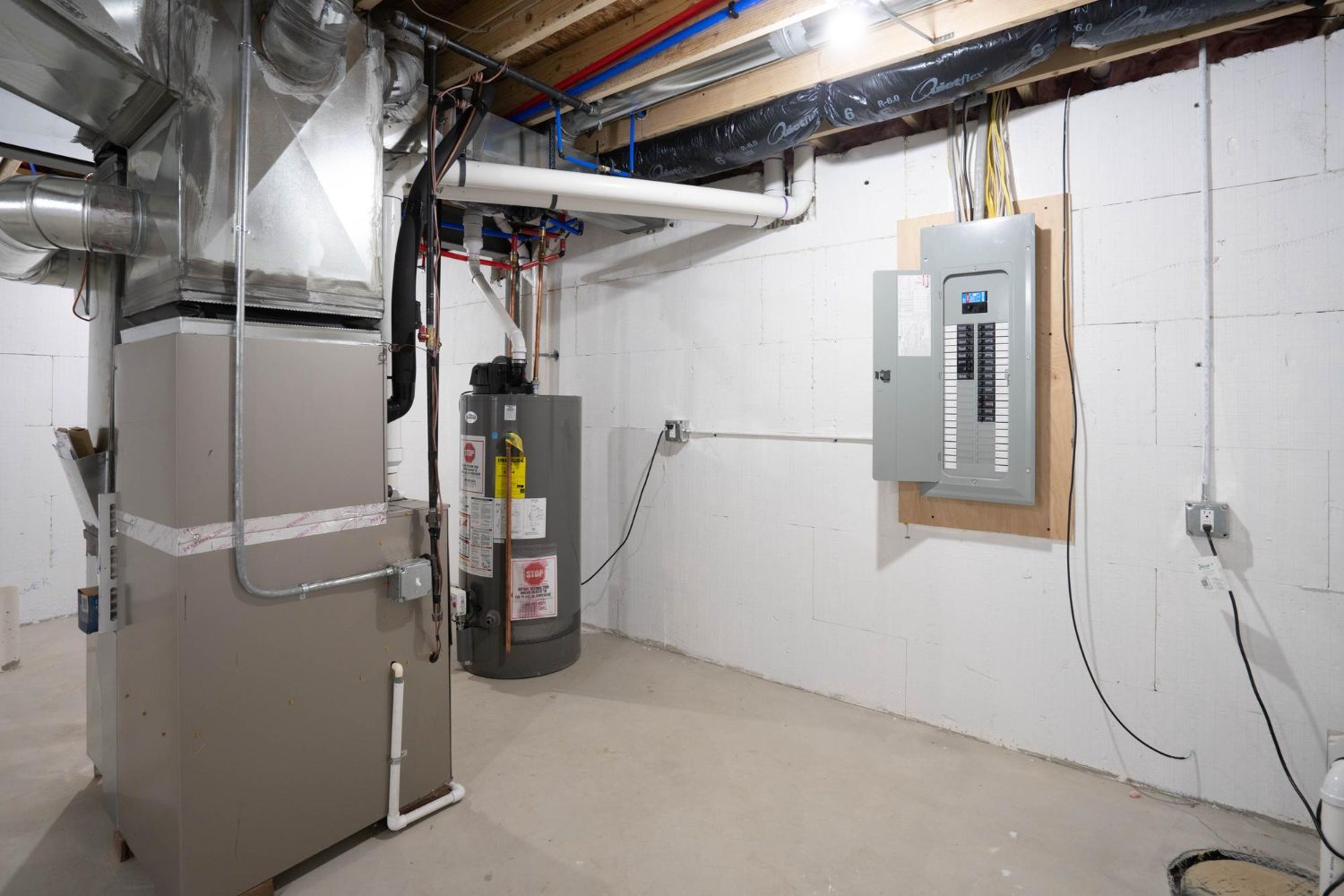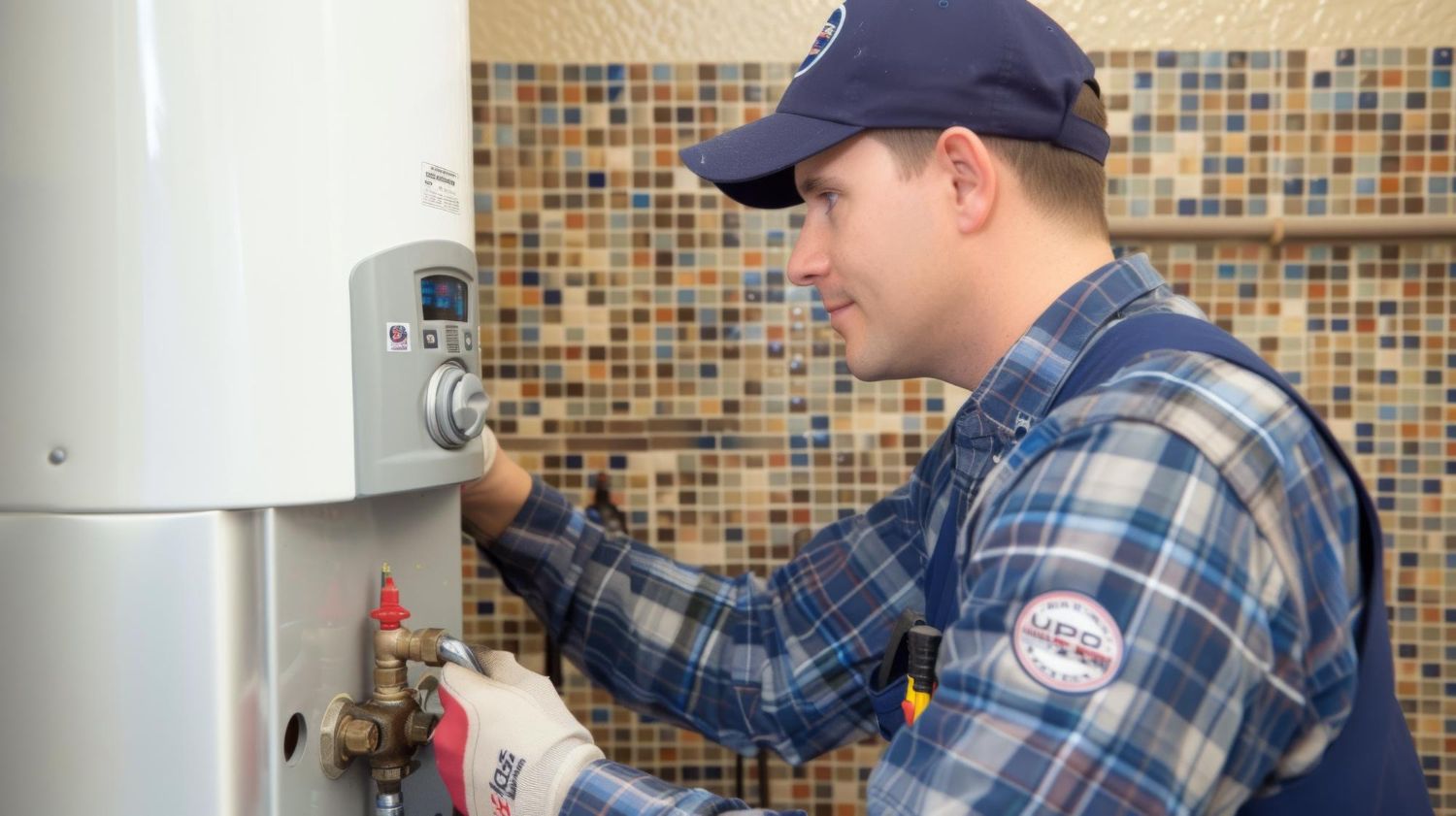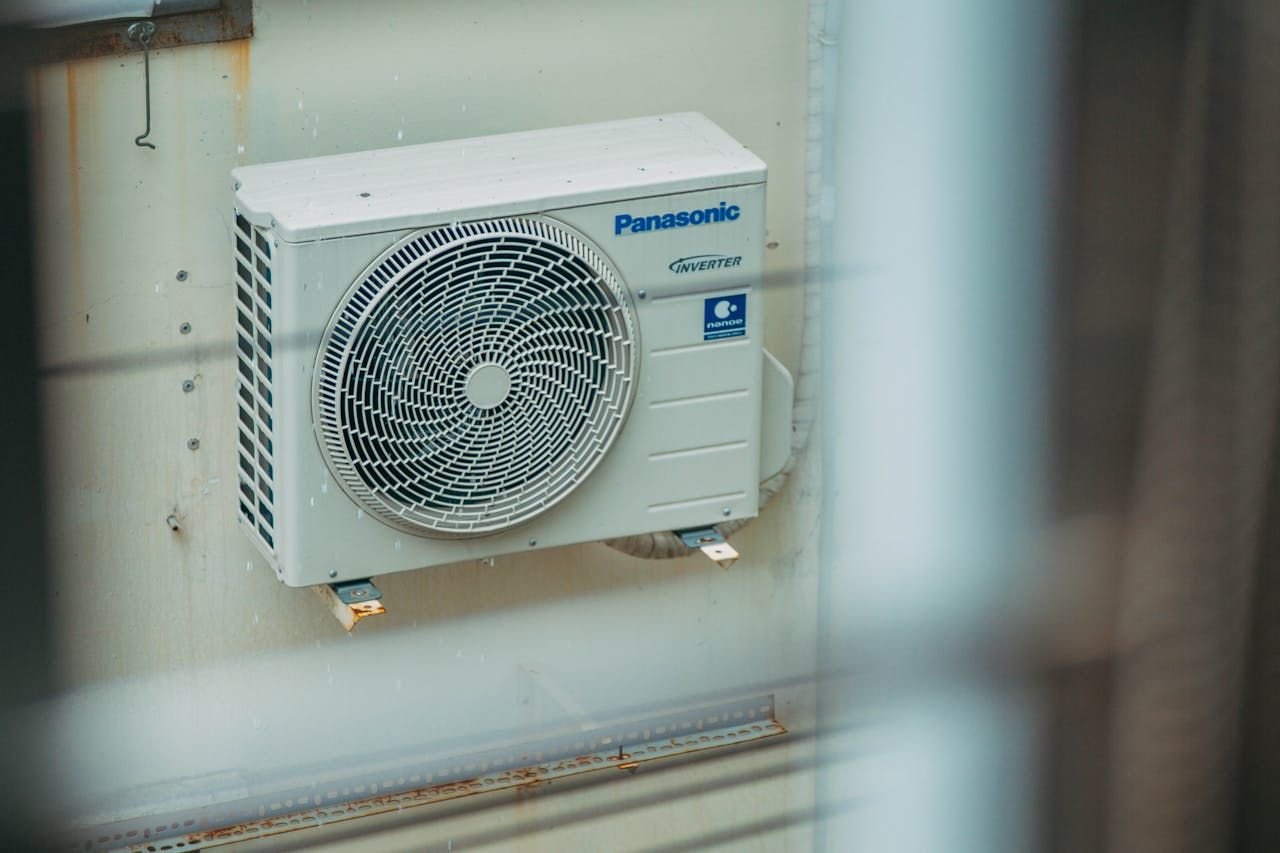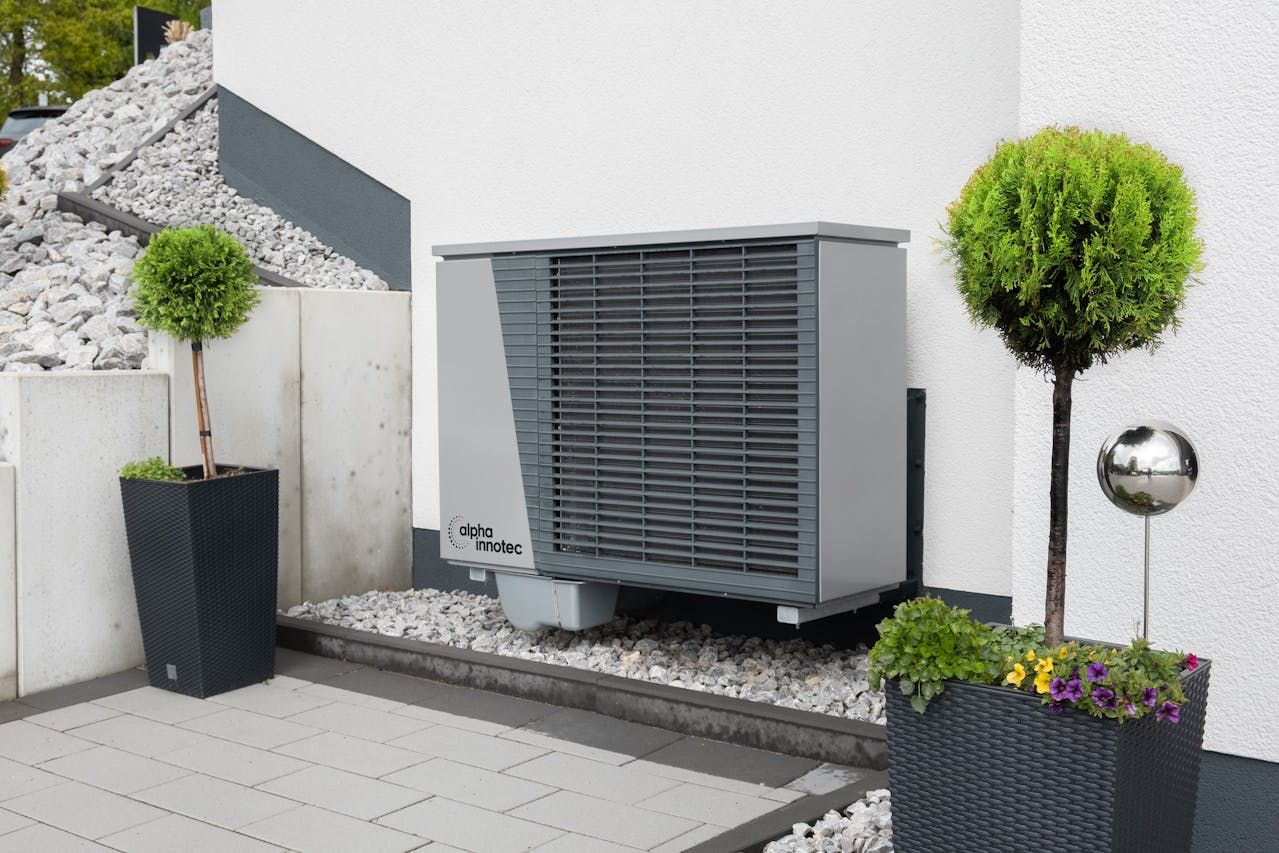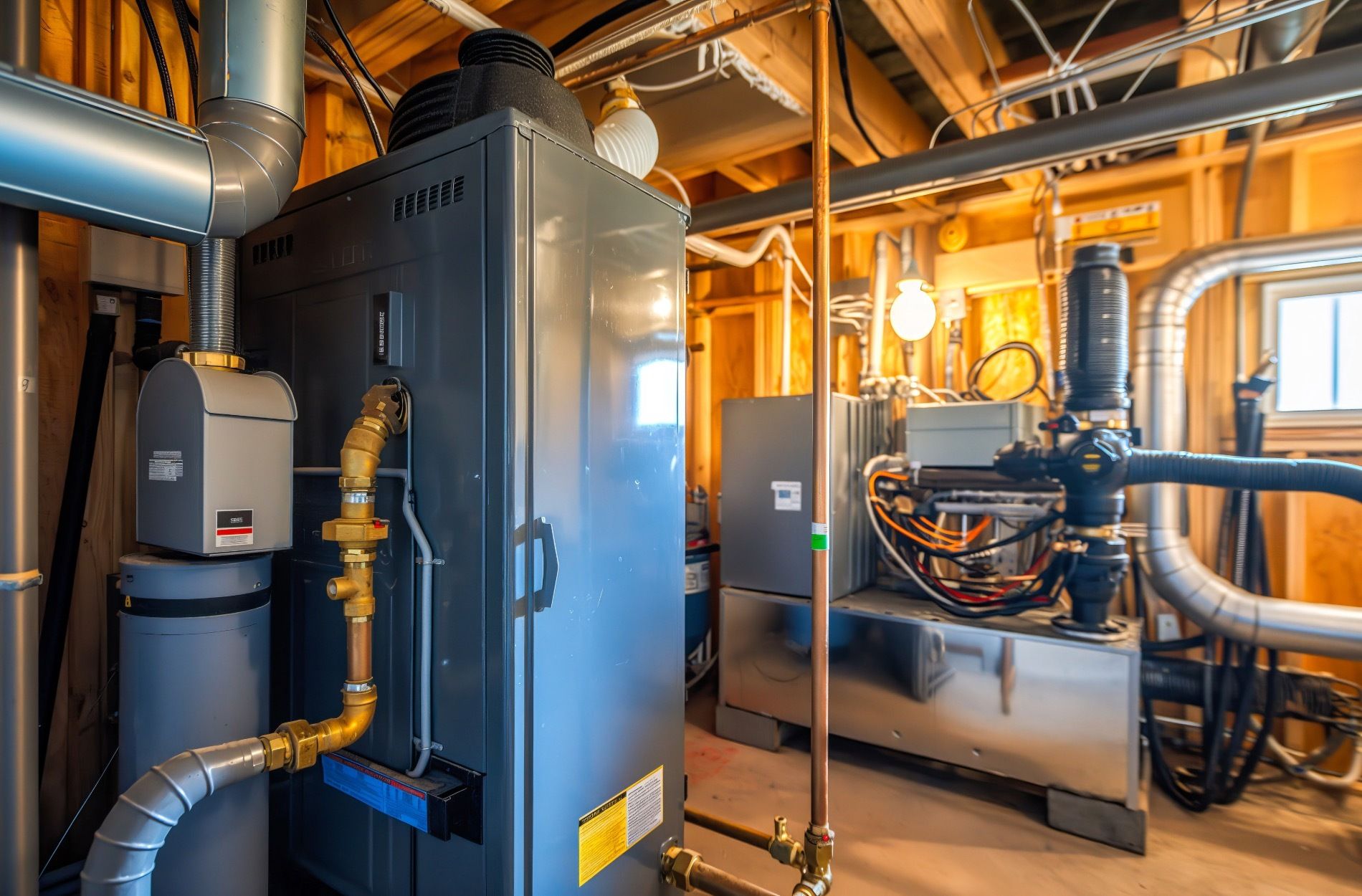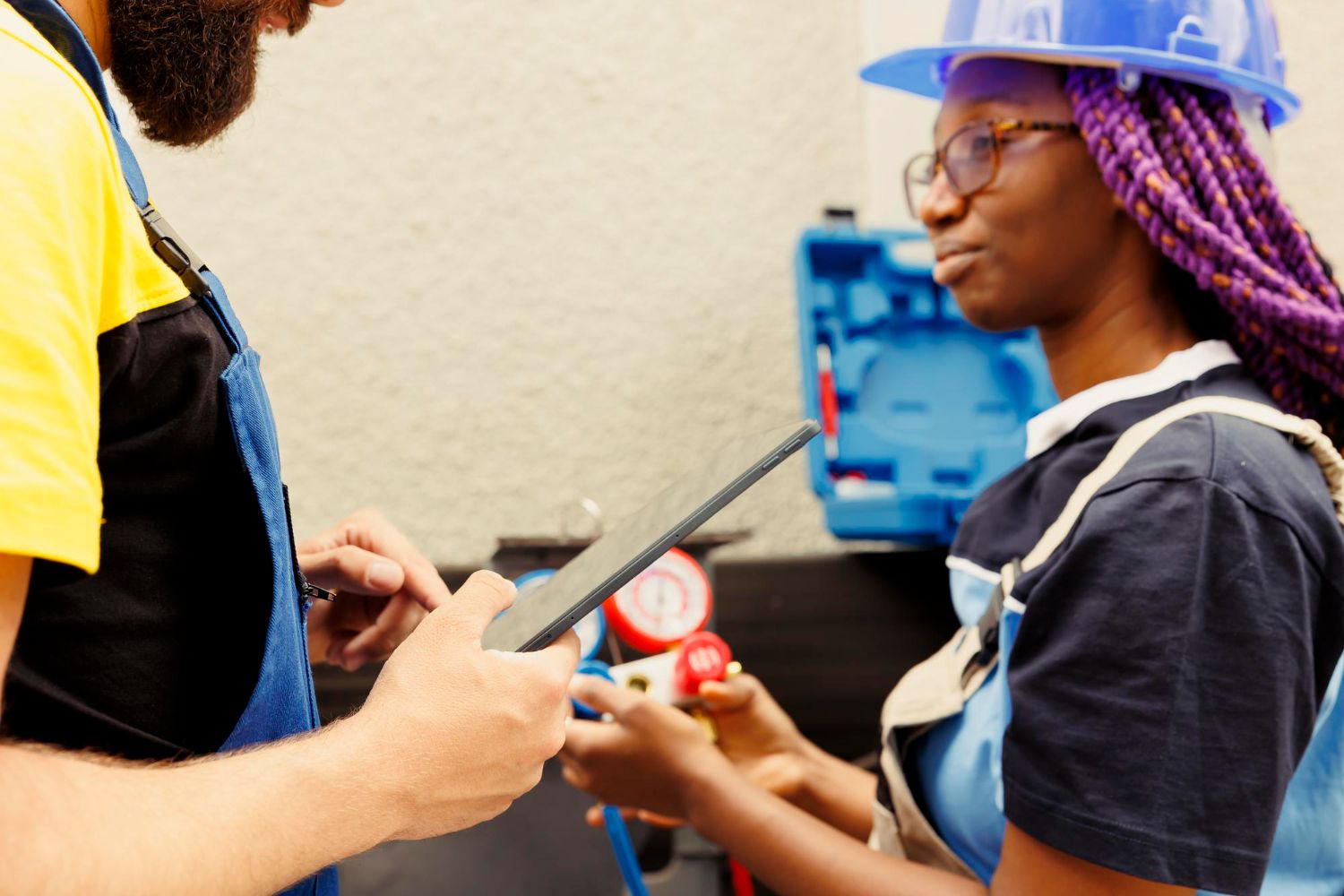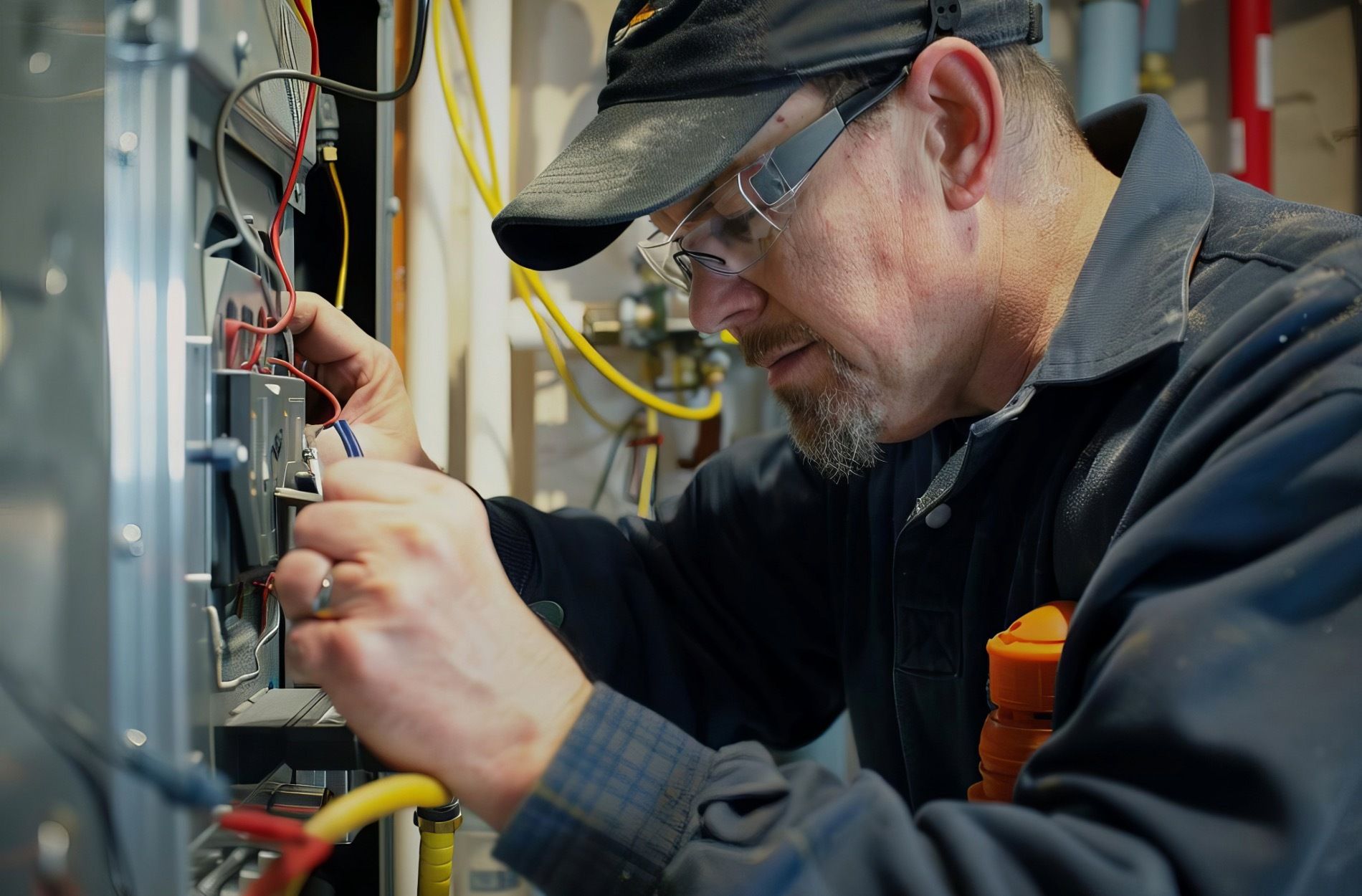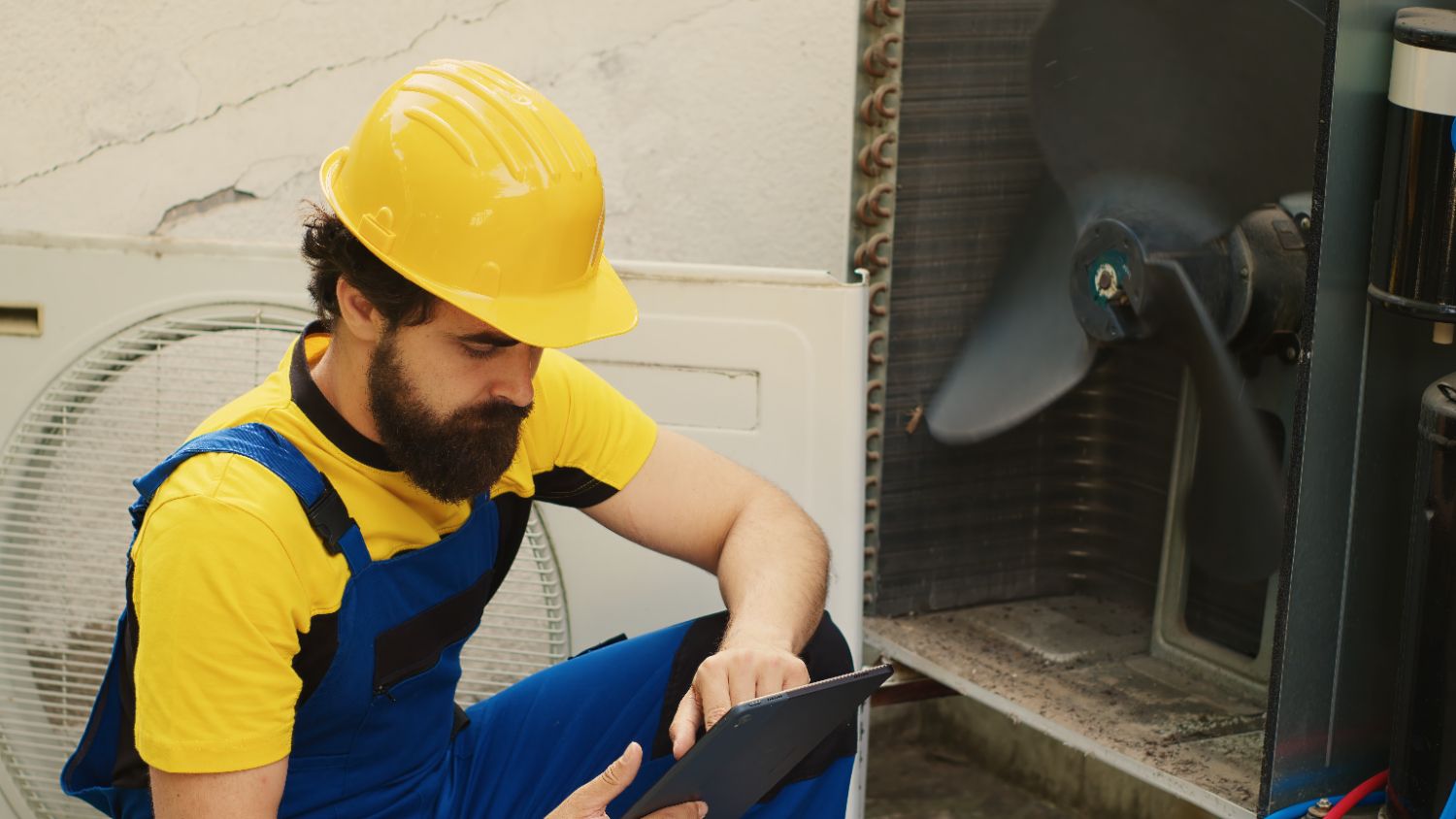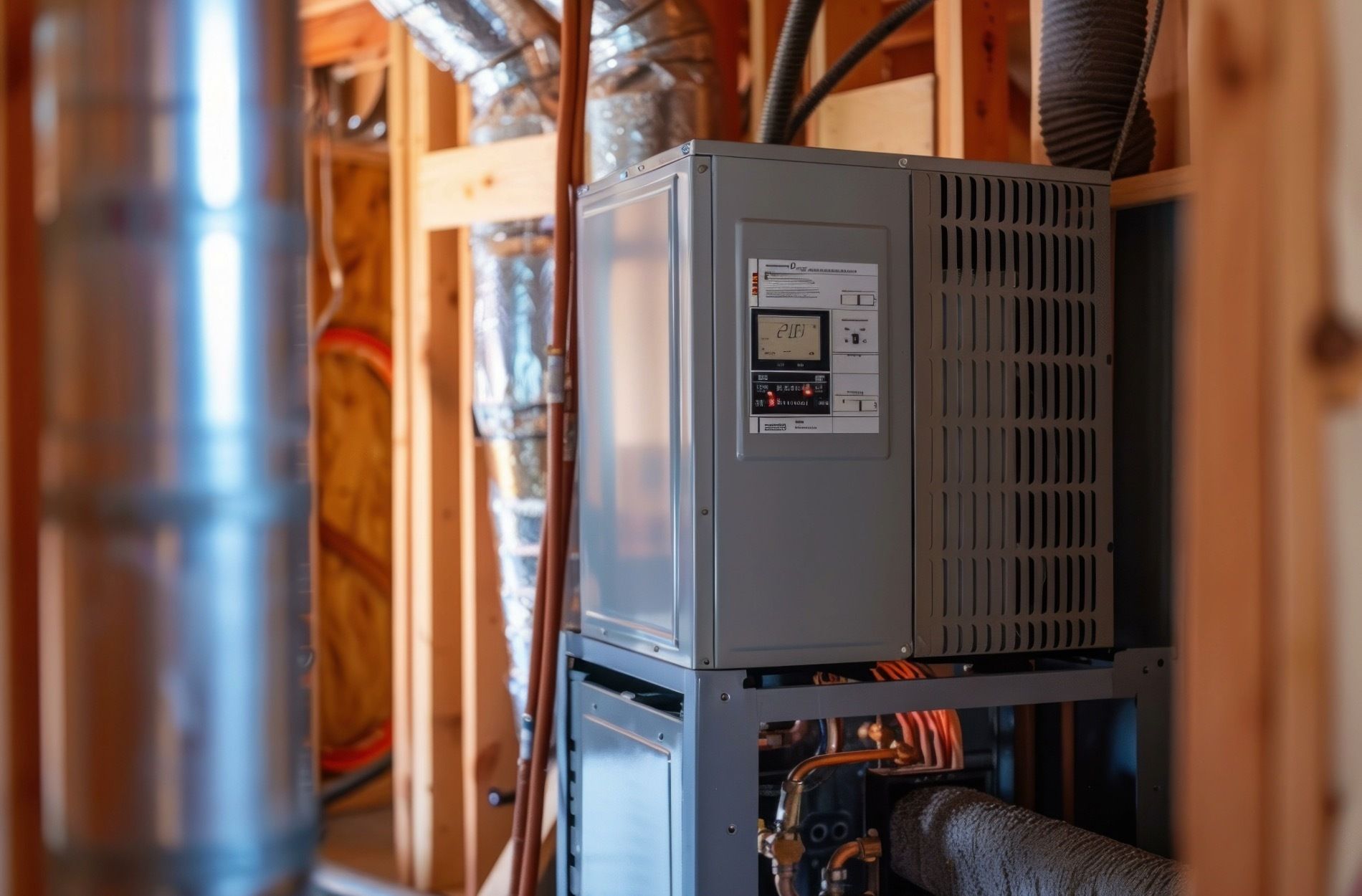
When to Consider HVAC Replacement for Efficient Cooling
As the seasons change and temperatures rise, an efficient HVAC system becomes crucial to maintaining a comfortable home. However, even the most reliable systems wear out over time. Knowing when to consider replacing your HVAC unit can save you from discomfort, high energy bills, and unexpected repairs.
An aging HVAC system can struggle to keep your home cool, leading to inefficiencies and increased wear and tear. Regular maintenance is essential, but there comes a point when replacement is the more cost-effective and long-term solution. Factors like unusual noises, frequent repairs, and inconsistent temperatures are indicators that your HVAC system may be nearing the end of its useful life.
Recognizing the signs early and acting swiftly can ensure that your home remains comfortable throughout the hotter months. Making an informed choice about when to replace your HVAC system involves understanding the benefits and knowing what to look for in a new unit. Trusting our professionals for an assessment can guide you in making the best decision for your home’s cooling needs.
Signs Your HVAC System May Need Replacement
Recognizing when your HVAC system is due for a replacement can prevent unexpected disruptions and costly repairs. One of the first warning signs is frequent breakdowns. If your HVAC system requires constant repairs, it may be more economical to replace it rather than continue investing in a failing unit. Persistent issues often indicate that the system is wearing out and approaching the end of its lifespan.
- Inconsistent Cooling: If certain rooms in your home are significantly cooler or warmer than others, it may point to a failing HVAC system. Poor airflow, uneven temperatures, and an inability to maintain the desired thermostat setting all suggest that the system is no longer functioning efficiently. These issues can lead to higher energy bills and reduced comfort in your home.
- Strange Noises: Squealing, grinding, or banging sounds can indicate serious mechanical problems. While some noises might be resolved with professional repairs, persistent or worsening sounds often mean the internal components are deteriorating. In such cases, replacing the unit can restore quiet and reliable operation.
- Unusually High Energy Bills: As HVAC systems age, they lose efficiency and consume more energy to maintain the same level of cooling. If you notice a significant increase in your energy costs without a corresponding rise in usage, it may be time to consider a new, more efficient HVAC system. This investment can lead to long-term savings on your utility bills.
Benefits of Replacing an Old HVAC System
Replacing an old HVAC system offers several advantages that enhance your home’s comfort and efficiency.
- Improved Energy Efficiency: Newer HVAC models are designed to meet higher energy standards, making them significantly more efficient than older units. This increased efficiency translates to lower utility bills, as the system requires less energy to maintain a comfortable indoor temperature.
- Enhanced Indoor Air Quality: Modern HVAC systems come equipped with advanced filtration technologies that can remove dust, allergens, and other pollutants from the air. This creates a healthier living environment, especially for individuals with allergies or respiratory issues. Improved air quality can lead to better overall health and well-being for you and your family.
- Advanced Features and Improved Performance: Many modern units include smart technology that allows for programmable settings, remote control via smartphone apps, and more precise temperature regulation. These features provide greater convenience and control over your home’s climate, ensuring optimal comfort at all times.
- Reduced Unexpected Breakdowns and Need for Frequent Repairs: With a reliable and efficient system, you can enjoy peace of mind knowing that your home will remain comfortable during extreme weather conditions. The reduced need for repairs also means less inconvenience and more consistent performance.
- Increased the Overall Value of Your Home: Potential buyers often look for modern, energy-efficient systems when purchasing a property. A new HVAC unit can make your home more attractive to buyers and may even add to its resale value. Overall, investing in a new HVAC system is a wise decision that offers multiple long-term benefits.
Factors to Consider When Choosing a New HVAC System
Selecting the right HVAC system for your home involves several important factors.
- Size and Capacity of the New Unit: An HVAC system that is too small will struggle to cool your home effectively, while one that is too large can cycle on and off too frequently, wasting energy and reducing comfort. Proper sizing ensures optimum performance and energy efficiency.
- Energy Efficiency Ratings: Look for units with high SEER (Seasonal Energy Efficiency Ratio) ratings. A higher SEER rating indicates a more efficient system, leading to lower energy bills and reduced environmental impact. Investing in an energy-efficient model can provide long-term savings and a smaller carbon footprint.
- Compatibility with Your Existing Ductwork: Ensure that the new HVAC system can integrate seamlessly with your home’s ductwork. If your ductwork is old or inefficient, consider having it inspected or replaced to maximize the performance of your new system. Proper ductwork ensures efficient air distribution and enhances overall comfort.
- Features and Technology Offered by Different HVAC Models: Modern systems may include smart thermostats, variable speed settings, and advanced air filtration options. These features can improve your home’s comfort, air quality, and ease of use. Consider your specific needs and preferences when weighing these options.
- Budget and Financing Options: While it may be tempting to choose the least expensive option, investing in a higher-quality system can provide better performance and longer lifespan. Explore financing options and potential rebates to make the investment more manageable. By carefully considering these factors, you can select an HVAC system that meets your needs and ensures efficient cooling.
The Role of Professional Installation in HVAC Efficiency
Professional installation is critical for ensuring the efficiency and longevity of your new HVAC system. Proper installation involves more than just connecting the unit; it requires precise calibration and setup to ensure optimal operation. Our professionals have the expertise to install HVAC systems correctly, ensuring that all components work together seamlessly.
- Thorough Assessment: First, our technicians will conduct a thorough assessment of your home to determine the appropriate size and type of HVAC system. This assessment includes evaluating the layout, insulation, and ductwork. An accurately sized unit is crucial for efficient operation and long-term performance, preventing issues such as short cycling or inadequate cooling.
- Initial Installation Process: During installation, our professionals also ensure that the refrigerant levels are precise and that the system is properly charged. Incorrect refrigerant levels can lead to inefficient cooling and potential damage to the compressor. Our technicians follow industry standards and manufacturer guidelines to guarantee that your system operates at peak efficiency.
- Ductwork Sealing: Proper sealing of ductwork is another important aspect of professional installation. Leaky ducts can significantly reduce the efficiency of your HVAC system by allowing cooled air to escape. Our experts ensure that all connections are tightly sealed, maximizing airflow and reducing energy loss.
- System Testing: Additionally, our professionals test the system thoroughly after installation to verify its performance. They check for any potential issues, calibrate the thermostat, and fine-tune the system for optimal efficiency. This thorough testing ensures that your HVAC system runs smoothly and provides reliable cooling for your home.
By relying on professional installation, you can rest assured that your HVAC system will operate efficiently, effectively, and reliably, providing you with years of comfort and peace of mind.
Conclusion
Knowing when to replace your HVAC system and understanding the benefits of doing so are essential for maintaining a comfortable and efficient home. From recognizing the signs of a failing system to appreciating the advantages of modern units, a timely replacement can prevent discomfort and high energy bills. Carefully considering factors such as size, energy efficiency, and advanced features will help you choose the best system for your needs.
The importance of professional installation cannot be overstated. Our experts ensure that your new HVAC unit is installed correctly and operates at peak performance, maximizing its lifespan and efficiency. With the right system and professional installation, your home will remain cool and comfortable no matter how high the temperatures climb.
If you are considering an HVAC replacement in Highland, UT, trust One Stop Heating and Air Conditioning for comprehensive guidance and exceptional service. Contact us today to schedule a consultation and discover the best options for your home’s cooling needs!


